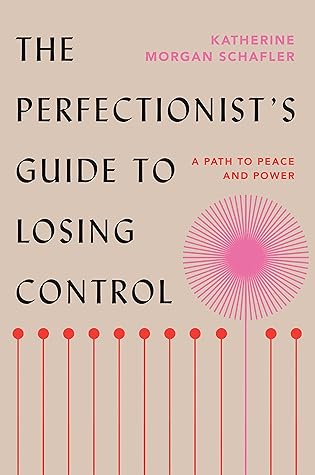More on this book
Community
Kindle Notes & Highlights
Started reading
December 28, 2024
Parisian perfectionists possess a live-wire understanding of the power of interpersonal connection and hold a strong capacity for empathy. Left unchecked, their desire to connect to others can metastasize into toxic people-pleasing.
Seeing yourself and others from a new perspective invites appreciation for our respective gifts, curiosity about how we can best collaborate, and deeper empathy for the ways in which we each struggle.
she was coordinating her life to a grid: what she was told to do on the horizontal axis, who she was expected to be on the vertical. Layer atop this grid the ever-pressing dictum for women to be,
To enjoy optimal vitality, you pay attention to the internal energy system within you and calibrate it according to your needs. Balancing energies is markedly different than balancing tasks, the latter of which is what the colloquial meaning of balance has come to represent.
We’ve hacksawed the definition of balance to mean being good at being busy, which has nothing to do with health.
any power without boundaries attached to it can be your downfall—so why do we single out perfectionism?
A better question: Why do we single out perfectionism as a negative marker in women?
Reconciling the backseat fighting between your limits and your potential is the underlying challenge of perfectionism.
The ideals that perfectionists seek are not generic; they reflect an individualized “perfect” vision of success themed around the highest priority for the perfectionist. It’s one of the most misunderstood features of perfectionism—people think, “Well, I can’t be a perfectionist because I’m never on time . . . I can’t be a perfectionist because I don’t mind a little mess.” Perfectionism expands so far beyond the little ring box we’ve been trying to squeeze it into.
perfectionists are people who notice the difference between reality and an ideal more often than not and who feel compelled to actively bridge the gulf.
In adaptive perfectionism, healthy compulsive strivings are value driven, fulfilling, and executed in ways that aren’t harmful to the perfectionists or others.
Accepting that perfectionism is compulsive means accepting that, as a perfectionist, you will always be compelled to actively strive towards the ideal your perfectionist type represents.
It can feel scary and limiting to accept the compulsive nature of perfectionism, to accept the compulsive nature of any strong natural impulse. We want to control the degree to which we are compelled to do anything. We want to feel free. You don’t achieve liberation through control; you achieve liberation through acceptance.
if you don’t honor the drive in you to actively explore the ideal, you’re likely to experience an enduring sense of defeatism. (In other words, you’re gonna feel like a loser.)
I don’t mean “loser” in the socially comparative context, in relation to others, but in the sense of losing touch with one’s full self.
The trick is to figure out how to excel based on your values, not someone else’s values.
Self-worth is about understanding that right now, with all the things you have yet to achieve, you are as worthy of all the love, joy, dignity, freedom, and connection as you would be had you already achieved them. You are worthy of all these things because you exist.
Self-worth is not self-esteem.


